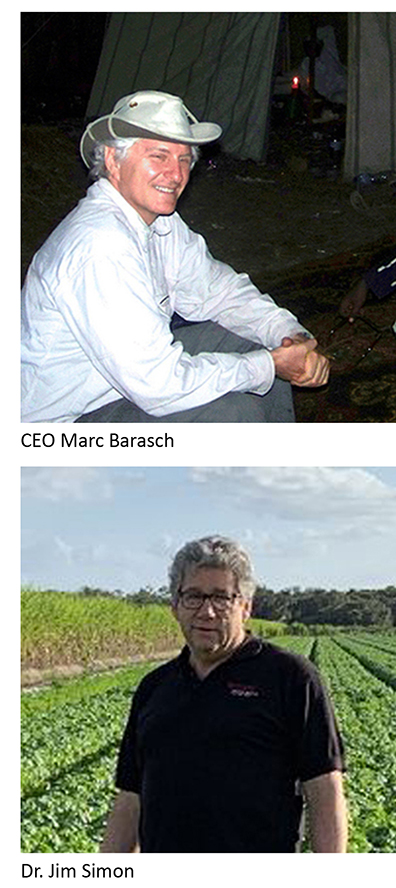Marc Barasch, CEO. Prior to founding GWV, Marc started and ran the successful Green World Campaign (www.greenworld.org). There he has specialized in community-based agroforestry, perennial agriculture, and reforestation, helping to pioneer an award-winning holistic model of landscape restoration, poverty alleviation, food security, and climate change resilience. GWC worked in nine countries on three continents, now focusing in coastal Kenya, where it has planted 4 million biodiverse trees, introduced moringa cultivation and seed-oil ventures to many communities, and created 100 eco-schools programs. Marc has been involved in the natural products industry since the 1980s, when he edited Natural Health magazine and lived in Boulder, CO, the epicenter of the natural foods business. He is a cross-platform media expert who has created global environmental programming for Ted Turner et. al. His bestselling books on holistic medicine (Remarkable Recovery) and social well-being (The Compassionate Life) have made him a well-recognized global thought-leader. He recently convened a multi-stakeholder conference on regenerative strategies in San Francisco.
Dr. Jim Simon, Distinguished Professor of Plant Biology, Rutgers; Director, New Use Agriculture and Natural Plant Products Program (NUANPP); Co-Director, Center for Sensory Sciences and Innovation (CSSI) PI, HortNutrition Project, of the UC-Davis led USAID funded Horticulture Innovation Lab. Dr. Simon has worked in Kenya, Niger, Zambia, Senegal, et. al. He believes moringa is a “neglected, undervalued global treasure.” He has tested PK1 and PK2 varieties next to naturalized moringa in Ghana, Zamnbia, Senegal, Rwanda. Another Rutgers team member has a patent on seed-oil products for diabetes control. Dr. Simon believes that aside from nutrient density and other health-promoting properties of AIVs, these vegetables can be used to diversify farming enterprises and improve income opportunities that generate cash over multiple time points – as compared to agronomic crops, where farmers receive cash for their product once or twice a year. These factors can mitigate risk of crop failure due to climatic change and environmental stress, and can thus be considered as candidates to promote food security and provide local opportunities for generating income and improving health and nutrition. Dr. Simon and his team have coordinated the training and implementation of ‘Home Harvests’ in Nairobi’s Kibera, where residents have access to small, informal markets of limited supply and quality, with 53% of women reporting a lack of availability of dark, leafy greens due to seasonal shortages A Home Harvest, also known as ‘sac gardens,’ is a garden model that provides a readily available source of vegetables to families for consumption.

